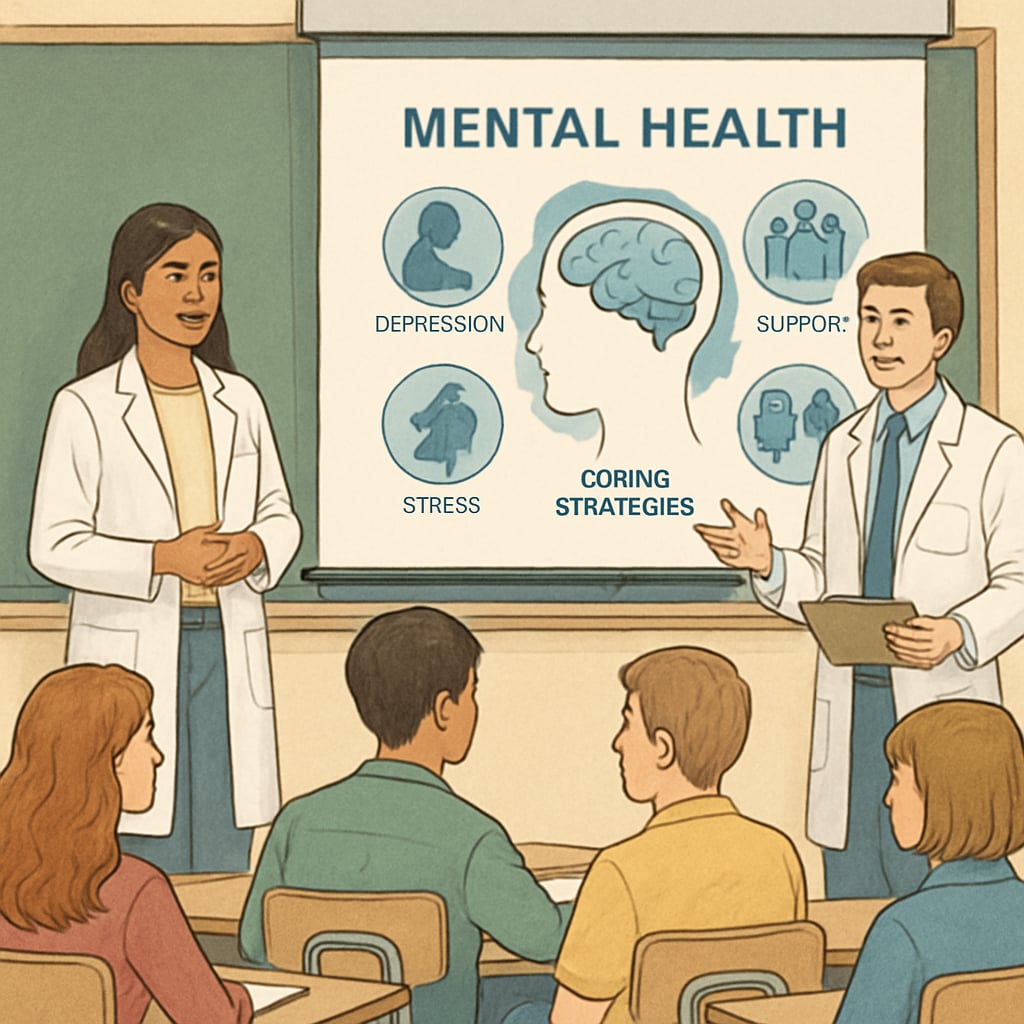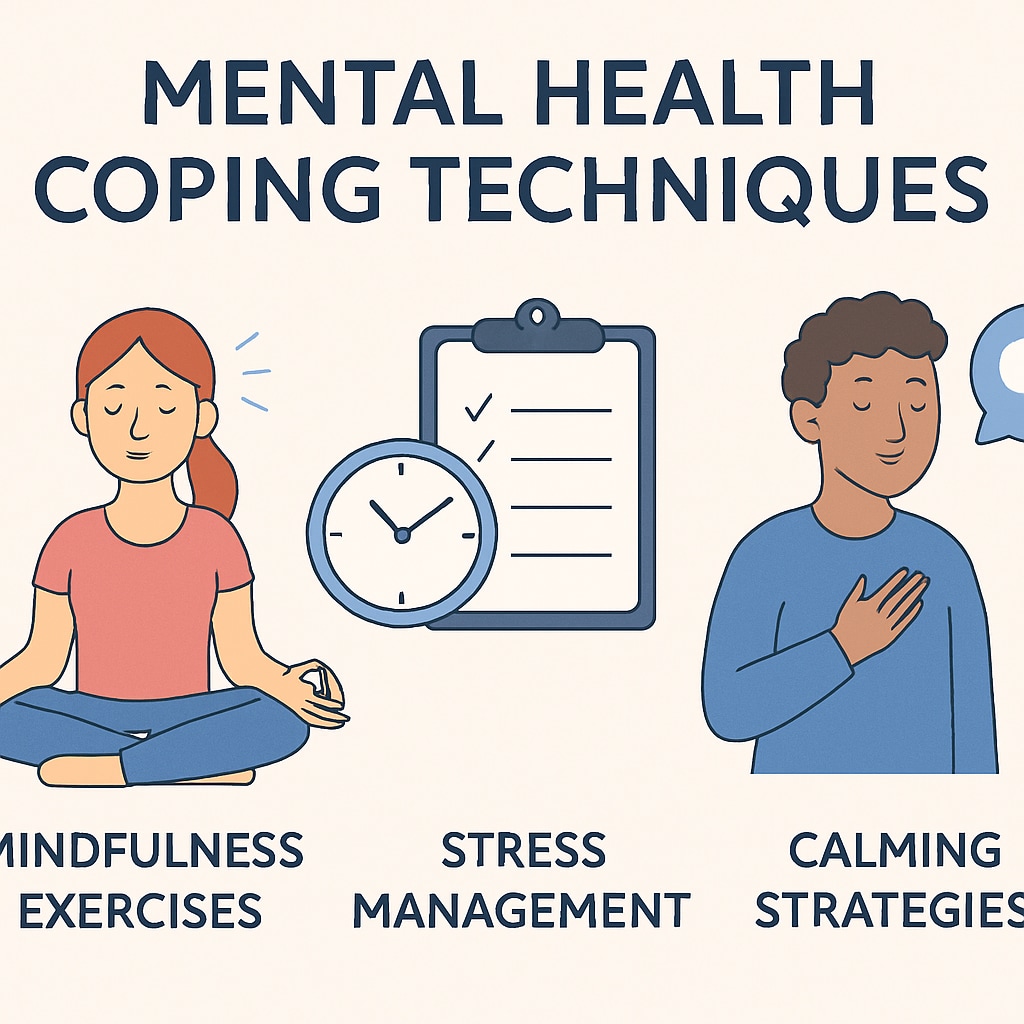Mental health awareness among high school students has become increasingly crucial in recent years. Medical students, with their knowledge and passion for health education, can play a pivotal role in addressing this need. Organizing mental health workshops in high schools requires a strategic approach, involving effective school collaboration, thoughtful content design, and clear communication. This article provides a practical guide for medical students eager to make a positive impact on youth mental health.
Building Relationships with Schools: The First Step
The success of mental health workshops hinges on strong partnerships with schools. Medical students should start by identifying high schools that would benefit from such initiatives. Reach out to school administrators or counselors through formal emails or phone calls, emphasizing the importance of mental health education and the qualifications of the organizing team.
- Research schools with existing mental health programs to complement their efforts.
- Prepare a concise proposal outlining the workshop objectives and benefits for students.
- Offer flexibility in scheduling to accommodate school timetables.
As a result of proactive outreach, schools are more likely to support and promote the workshops among their students.

Designing Engaging and Relevant Content
Effective workshop content should be both informative and relatable. High school students often face unique challenges, such as academic pressure, social dynamics, and personal growth. Medical students should tailor their presentations to address these issues while fostering a safe and open environment for discussion.
Consider incorporating the following elements:
- Interactive activities, such as role-playing scenarios or group discussions.
- Visual aids, like slides or videos, to illustrate key concepts.
- Practical techniques for managing stress, such as mindfulness exercises.
In addition, include resources for students to access professional help if needed, such as school counselors or community mental health services.

Why Medical Students Are Uniquely Positioned to Lead
Medical students bring a unique perspective to mental health education. Their understanding of psychological and physiological factors allows them to explain complex topics in an accessible way. Moreover, their enthusiasm and relatability as young adults can help them connect with high school students more effectively.
By engaging in such workshops, medical students not only contribute to youth mental health but also gain valuable experience in public speaking, community outreach, and patient education.
Learn more about mental health on Britannica
Measuring Impact and Improving Efforts
After the workshop, gathering feedback is essential to ensure its effectiveness and identify areas for improvement. Use surveys or informal discussions to understand students’ reactions and learn what they found most helpful.
Key metrics to analyze include:
- Student engagement during activities.
- Understanding of mental health concepts based on post-workshop evaluations.
- Requests for follow-up resources or additional workshops.
Regularly refining the approach based on feedback will allow medical students to make a lasting impact on mental health education in schools.
Explore mental health education on Wikipedia
Readability guidance: Use actionable steps and relatable examples to maintain interest. Keep paragraphs concise and distribute keywords evenly to avoid overloading specific sections. Incorporate clear transitions such as “as a result,” “in addition,” and “therefore” to improve flow.


